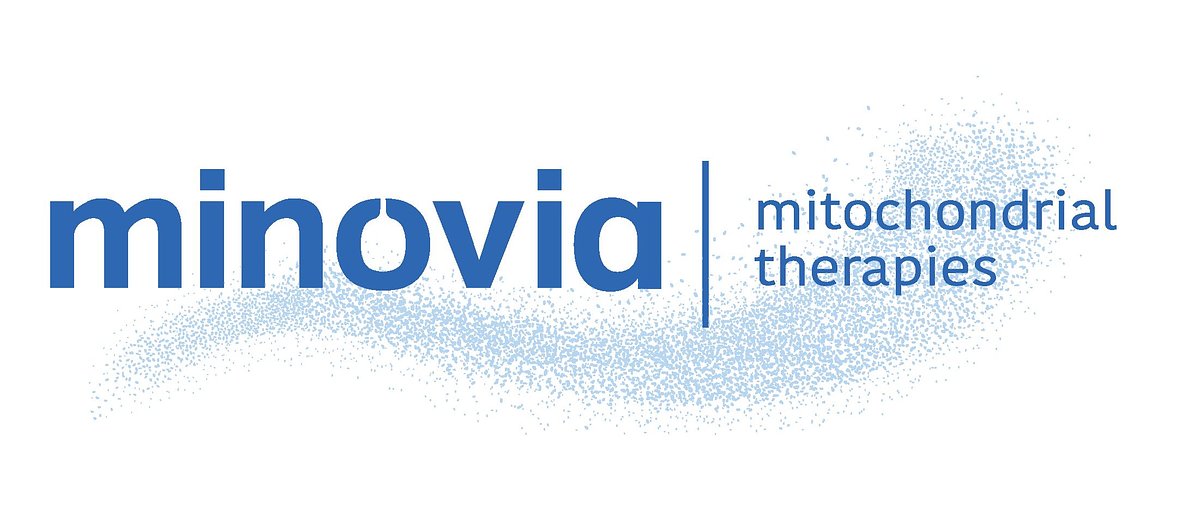
Minovia's Mitochondrial Therapy Shows Promise for Blood Disorders, Eyes Public Listing
Clinical trial data highlights potential of novel mitochondrial augmentation technology in MDS and Pearson Syndrome. Company poised for Nasdaq debut via SPAC merger.
Minovia's Mitochondrial Therapy Shows Promise for Blood Disorders, Eyes Public Listing
NEW YORK, NY – November 20, 2025 – Minovia Therapeutics is generating significant buzz in the biotechnology sector with promising clinical trial data for its lead candidate, MNV-201, and an impending public listing. The company’s innovative Mitochondrial Augmentation Technology (MAT) is being investigated as a potential treatment for Myelodysplastic Syndromes (MDS) and the rare and life-threatening Pearson Syndrome, offering a novel approach to address mitochondrial dysfunction at the cellular level.
A Novel Approach to Treating Blood Disorders
Minovia’s MAT aims to restore organ function by adding healthy mitochondria to cells. This strategy directly addresses the underlying cause of many diseases, including MDS and Pearson Syndrome, where dysfunctional mitochondria impair cellular energy production and overall function. Current MDS treatments often focus on managing symptoms and slowing disease progression, but Minovia's approach tackles the root cause. Preliminary data from a Phase 1b clinical trial in MDS patients show encouraging signs of efficacy, including one patient achieving transfusion independence for over 10 months—a significant improvement in quality of life.
“The early results are quite compelling,” said one industry analyst following the company’s recent data presentation plans. “The fact that they’re seeing transfusion independence in a patient population that typically relies heavily on transfusions is significant. While it's early days, it certainly warrants further investigation.”
The company is also making progress in its evaluation of MNV-201 for Pearson Syndrome, a rare mitochondrial disorder primarily affecting children. This focus on orphan diseases highlights Minovia’s commitment to addressing unmet medical needs and provides a potential pathway to accelerated regulatory approval.
Regulatory Momentum and a Clear Path Forward
Minovia has secured multiple key designations from the U.S. Food and Drug Administration (FDA) for MNV-201, validating the potential of its technology. These include Fast Track and Orphan Drug designations for MDS, as well as Fast Track and Rare Pediatric Disease designations for Pearson Syndrome. These designations not only expedite the review process but also provide valuable incentives, including tax credits and market exclusivity.
“The FDA designations are a strong signal that the agency recognizes the potential of Minovia’s approach and is willing to work with the company to bring this therapy to patients,” noted a regulatory affairs consultant familiar with the company’s filings. “It demonstrates a level of confidence in the science and the potential benefits.”
The company's commitment to rigorous clinical trial design and data collection is also viewed positively by industry observers. The ongoing Phase 1b MDS trial is designed to assess safety and therapeutic effects, with a clear focus on identifying patients who are most likely to benefit from the therapy.
Fueling Growth: The SPAC Merger and Public Listing
To accelerate the development and commercialization of MNV-201, Minovia is merging with Launch One Acquisition Corp. (Nasdaq: LPAA), a special purpose acquisition company (SPAC). This transaction is expected to close in early 2026, resulting in Minovia becoming a publicly traded company on the Nasdaq. The combined entity will have approximately $239.7 million in trust and anticipates raising an additional $18 million through a private investment in public equity (PIPE).
The funds raised through the SPAC merger will be used to support ongoing clinical trials, expand manufacturing capacity, and build a commercial infrastructure. Minovia is currently building a GMP facility in Haifa, Israel, to manufacture mitochondrial drug substance and product, and plans to expand its presence in the U.S. to prepare for potential commercial launch.
“The public listing will provide Minovia with the financial resources and visibility it needs to execute its growth strategy,” said a financial analyst covering the biotechnology sector. “The company has a compelling technology, a clear regulatory path, and a strong management team. This is a space to watch.”
The company's strategy of focusing on both MDS and Pearson Syndrome is seen as a way to diversify risk and maximize the potential return on investment. While Pearson Syndrome is a rare disease, it represents a significant unmet medical need and could provide a faster pathway to regulatory approval and commercialization.
